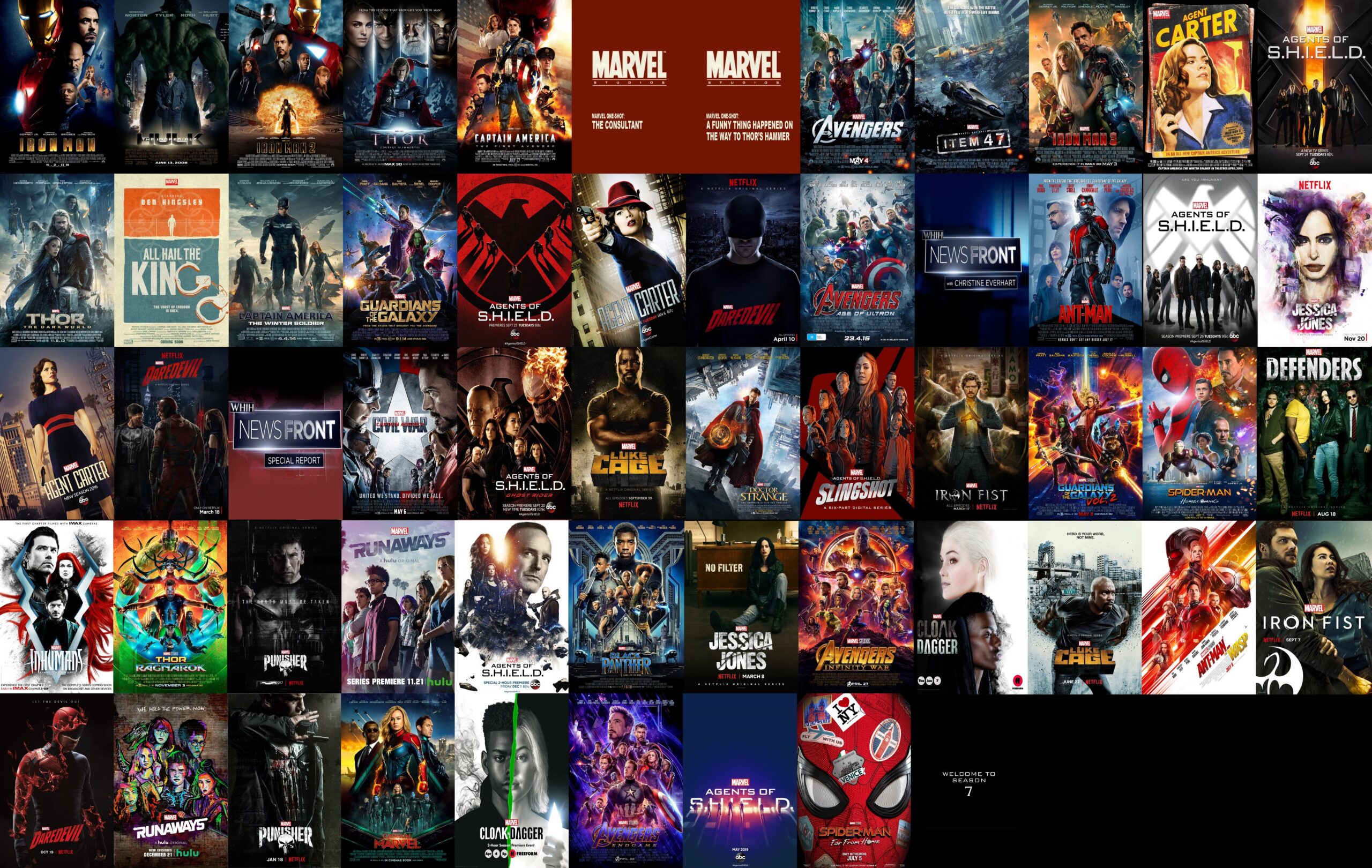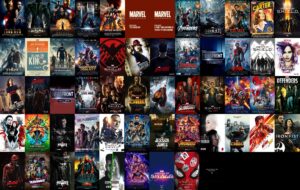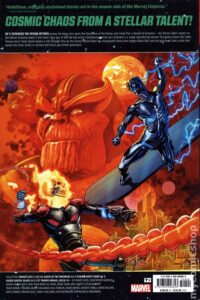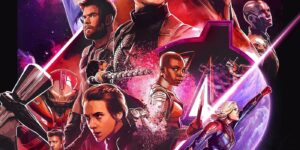The Marvel Cinematic Universe (MCU) has been on an unprecedented roll, shattering box office records and pushing the boundaries of storytelling. One key factor behind its unparalleled success is its masterful universe-building. With each new release, the MCU continues to expand and enrich its sprawling narrative tapestry, weaving intricate connections between seemingly disparate threads.

- The Role Of Villains In Marvel’s Newest Releases
- Why Marvel’s Latest Movie Was A Risk Worth Taking
- The Best MCU Fight Scenes From Recent Films
- MCU’s Most Underrated Movies Of The Last Decade
- How The MCU’s Newest Movie Affects The Entire Universe
The genius of this approach lies in its organic growth. Rather than relying on forced tie-ins or contrived crossovers, the MCU allows its universe to evolve naturally. Characters and storylines intersect and overlap in meaningful ways, creating a richly textured world that feels both vast and intimate.
Take, for instance, the Guardians of the Galaxy franchise. What began as a quirky, offbeat space romp has since blossomed into a crucial linchpin of the larger MCU. The Guardians’ cosmic exploits have introduced us to new worlds, species, and powers, gradually broadening the universe’s scope. At the same time, their connections to other franchises – particularly Avengers: Infinity War and Avengers: Endgame – have deepened our understanding of the MCU’s overarching narrative.
This thoughtful approach to expansion has also enabled the MCU to introduce fresh faces without overwhelming audiences. When Black Panther burst onto the scene, it wasn’t just a solo outing for T’Challa; it was an immersion into the vibrant culture and history of Wakanda. By fleshing out the world-building and character development within individual films, the MCU has managed to avoid the pitfalls of universe fatigue – the sensation that we’re merely witnessing a string of disconnected events.
Furthermore, the MCU’s universe-building is not just about grand, earth-shattering events; it’s also about the little details that weave the fabric of reality. Consider the throwaway line in Spider-Man: Far From Home about the damage done to Manhattan during The Avengers (2012). Such Easter eggs may seem inconsequential, but they actually underscore the universe’s continuity, providing tangible evidence of a world that has been changing and evolving in response to the heroes’ actions.
Moreover, the MCU’s foray into Disney+ has opened up new avenues for universe-building. Shows like Loki, Hawkeye, and Ms. Marvel have carved out unique corners of the MCU, offering insights into character backstories and broadening our understanding of the universe’s mythology. By seamlessly integrating these smaller, episodic narratives into the grander tapestry, the MCU has not only created a virtually boundless canvas for storytelling but also fortified our emotional connection to the characters.
Ultimately, the MCU’s universe-building is not merely about constructing a slick, streamlined narrative; it’s about cultivating an immersive environment that envelops audiences and stimulates imagination. With every new release, the franchise demonstrates its willingness to experiment, evolve, and refine its methods, so that our journey through this boundless universe continues to be a thrilling adventure.
It’s hard to predict what wonders the future holds for the MCU, but one thing is clear – its continued investment in rich, textured storytelling will keep pushing the frontiers of popular entertainment. Whether delving into mystical realms, space-faring exploits, or superhero team-ups, the MCU will doubtless keep a dedicated army of fans on the edge of their seats, curious about what the next great revelation will bring.




